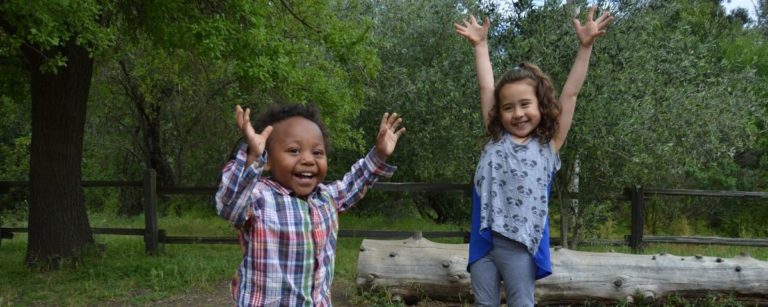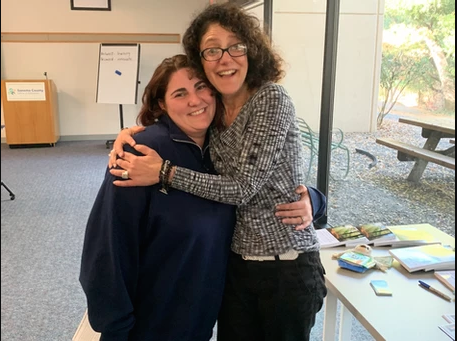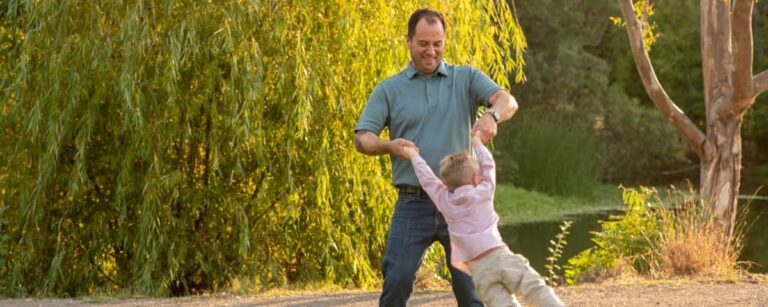What Got Us Here, Won’t Get Us There
By Erin Bouchard, MA
This concept was introduced to me in the bridal business. The skills required to start your business are not the same skills required to grow it. There comes this Messy Middle of your business where you must learn to adapt or you will fail.
Pivot from Traditional Parenting
I’ve been thinking a lot about how this concept translates into being a foster mama. Let me explain. Most parents, shortly after beginning to foster or adopt, realize that they must adapt their parenting skills. Traditional parenting just does not work for kids from hard places, kids who have experienced loss.
So, they pivot. They learn to create structure and routine because our kids thrive off that. They let go of a lot of prior expectations. And they learn to parent in a way that is focused on creating safety and attachment.
And wouldn’t you know it; it works! They create a safe place for their kids to learn and grow.
BUT THEN THE TEEN YEARS HIT!
We see that finish line in sight, but we quickly learn that what got us here won’t get us there. We find ourselves in the Messy Middle.
Here are three strategies to help as you begin to pivot your parenting style in the pre-teen and teen years.
- Increase independence
As parents, we often want to keep our kids close to us. As foster parents, we become used to doing things for our kids. The connection that meeting their needs creates is exactly what they needed as kids. But as they get older, we must start letting them explore the world and begin to foster independence. That means letting them make their own choices while still being there to catch them when they fall.
- Adjust expectations
Our kids will struggle with loss and attachment for most of their lives. We often think that by the time they get to the teen years they should have worked through those years of early trauma. But this is the first time they have been a teen and not had their birth parents. Each new stage is another reminder of all that they have lost.
So, as parents we must remind ourselves to adjust our expectations. One thing I never knew before becoming a parent was just how many times I would ask myself, “is this the hill you want to die on?” In other words, is this a value I feel strongly about protecting or can I let it go?
- Recognize the ongoing need for felt safety and connection
I’m stuck in this in-between stage with my kids. I have a 13-year-old, an almost 10-year-old and a two-year-old. The two-year-old still demands much of my time. She needs help getting dressed, having her breakfast, and taking baths. With so many tasks throughout the day, there are many opportunities for creating connections. Given the nature of her stage in life, it’s easy to see her needs. My big two, as we lovingly call them, don’t need me as much. It’s easy for me to devote my time and energy to my youngest and then be so exhausted by the end of the day! I must be intentional with my connection with the older ones, too. We will play games or read chapter books together once the baby has gone to bed. I look for little pockets of time throughout the day to intentionally connect with them. And I remind myself that just because their needs aren’t as obvious as my youngest, that doesn’t mean they don’t exist.
The other night my husband was at school and I was doing bedtime alone. I sat on the couch and drank a few sips of coke while my youngest ate her snack before bed. I chuckled to myself and thought about how I was literally inching toward the finish line of bedtime. And sometimes we can feel that way during the teen years. That finish line is there. Our work is almost complete. We are almost ready to launch these offspring into the world.
Yet here we are, just inching along. Trying to survive. Trying to help our youth thrive. That Messy Middle sure is messy!
Wouldn’t it be so much easier if our kids came with an instruction manual? Since they don’t, we have to ebb and flow with them. We must adapt when something isn’t working. We must continue to find ways to foster connection and felt safety. And we must keep listening to them, keep being interested in what’s going on in their lives, and continue as a safe relationship and space for them no matter what.
Erin Bouchard. Author. Speaker. Advocate. Educator. Erin founded Trauma-Informed Parenting because she’s passionate about helping foster and adoptive parents understand early trauma and attachment. Erin Bouchard and her husband, Joel, have been foster parents since 2011. They adopted out of the foster care system in 2014. They are kinship, foster, adoptive, and bio parents. Over the years Erin has learned a lot through their experiences with early trauma. She teaches and educates about connection, attachment, trauma, grief, and loss. Her first book, Trauma-Informed Parenting is on the way! Help One Child appreciates her collaboration and contributions with blog articles, video usage permission for support group curriculum, and podcast guest appearances.









